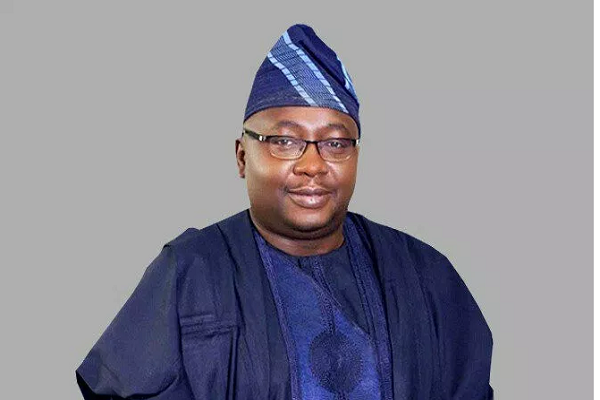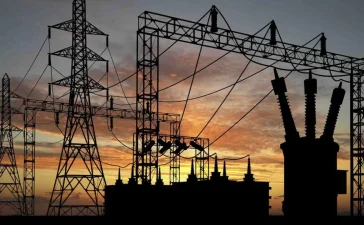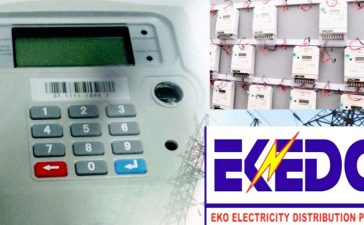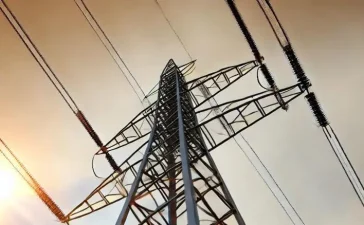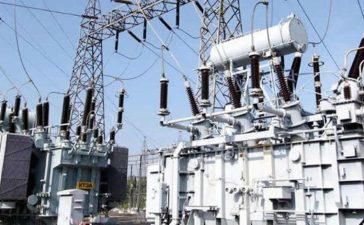In a major development for Nigeria’s energy sector, the Federal Government has announced significant improvements in the stability of the national power grid, following the successful installation of over 700 megawatts (MW) of additional transmission capacity.
Minister of Power, Adebayo Adelabu, revealed the achievement over the weekend while hosting the EU Ambassador to Nigeria, Gautier Mignot, in Abuja. According to a statement issued by his media aide, Bolaji Tunji, the milestone stems from the ongoing Presidential Power Initiative (PPI), backed by $2.3 billion in financing.
Adelabu explained that prior to the upgrade, grid instability was a common challenge whenever supply approached 5,000MW. However, the recent expansion has allowed the grid to handle up to 7,000–8,000MW, significantly reducing system collapses and improving overall reliability.
“We have installed almost 90 per cent of this and they are working,” said the Minister. “That has improved transmission capacity by over 700 megawatts, which is the result of what we are seeing now in terms of relative stability in the transmission grid.”
The pilot phase included the importation, installation, commissioning, and energisation of 10 new power transformers and 10 mobile substations across the country.
Highlighting further progress, Adelabu announced two landmark achievements under the current administration:
The highest average daily power consumption ever recorded in Nigeria, exceeding 20,000 kilowatt hours.
The highest energy transmission and distribution volume, peaking at 5,801.63MW, surpassing the previous record set in 2021.
Additionally, Nigeria has now reached a generation capacity of 6,003MW, a new national record. The Minister attributed the progress to the government’s sustained investments and reforms in the power sector.
Adelabu urged European Union member states to continue offering technical and financial support to bolster Nigeria’s power infrastructure, emphasizing the sector’s importance to the country’s economic growth and stability.
“The power sector is the driving force of the economy,” he said, reaffirming Nigeria’s commitment to strengthening partnerships with development allies.

